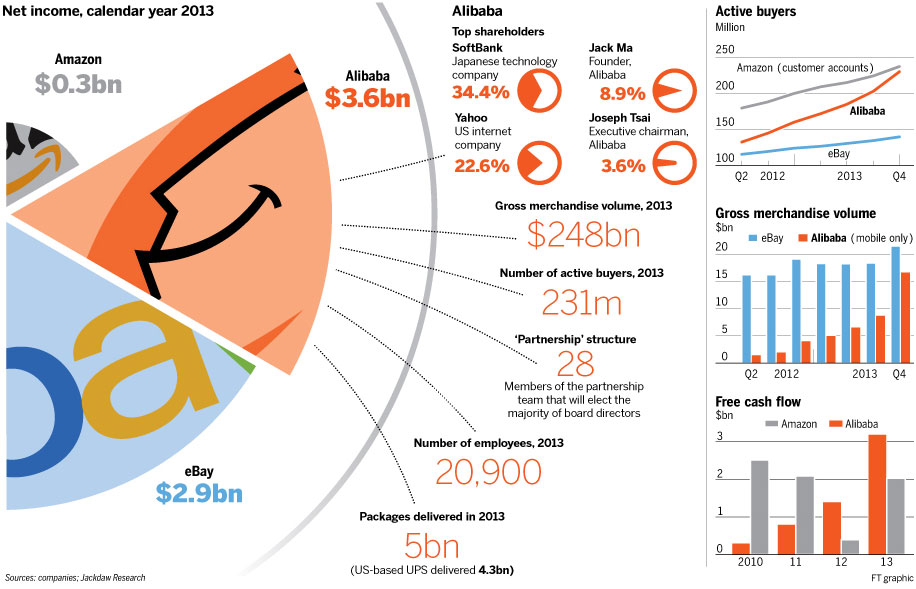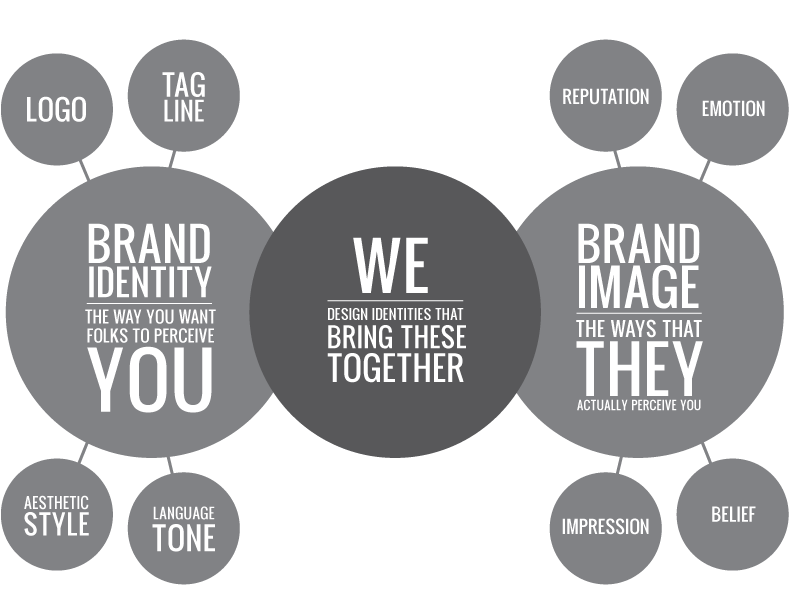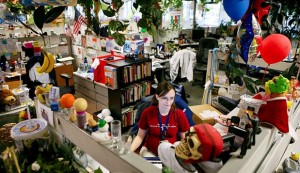The first impression of all enterprises for the public is that maximizing the profits as well as personal interests. However, there are also a part of enterprises called “social enterprise” which are the orgainzations that apply commercial strategies to maximize improvements in human and environmental well-being, rather than maximizing profits for external shareholders.
Those enterprises offer more job opportunities to the vulnerable groups in the society, such as disabled people, the workers with low-levels of education and middle-aged women etc. Just like Salem Kassahun do, who owns Salem’s Ethiopia, a craft boutique in Addis Ababa, Ethiopia. Her business was built to showcase the work of indigenous craftspeople and acts as both a tourist destination and producer of authentic local goods. She trains more marginalized indigenous women across Ethiopia in the art of basket making to meet the increasing demand of her products as well as provide more employment. With the help of social enterprises, unemployment rate can be reduced a lot. It not only promotes the development of a country, but also reduces the subsidies provided to the low-income citizens and decrease much spending of the government every year.
The Arc Initiative in Sauder offers an exchange of business skills and knowledge to empower entrepreneurs in developing countries such as South Africa, Ethiopia and Colombia. It should be encouraged to all sauder students because of its social benefits. What we should do is to maximize the social value and know how to make the profits we will earned in the future be more efficient.
Reserences:
Collaborative Social Enterprise Brand —Written on August 12, 2011 by Richard Patey in Social Enterprise
wikipidia: social enterprise
Can fair trade boutique expend without alienating customers?














